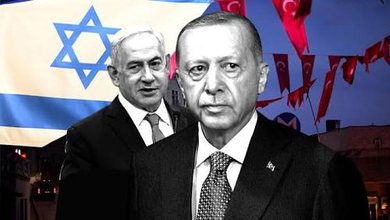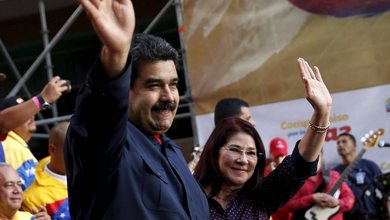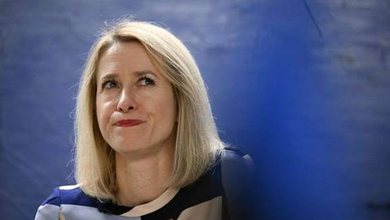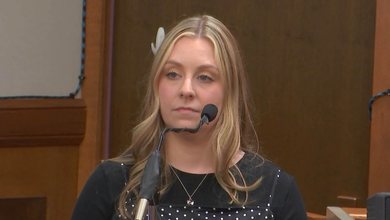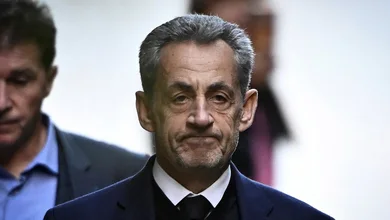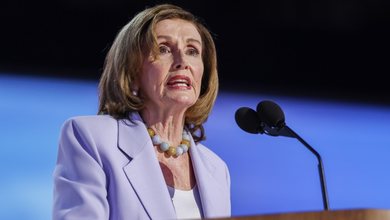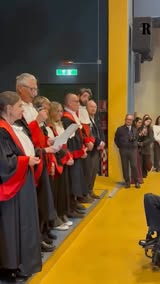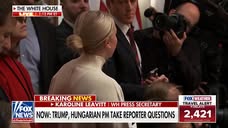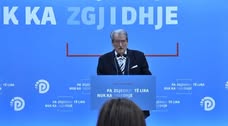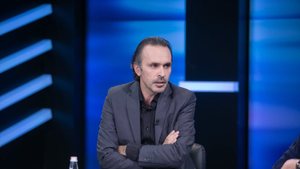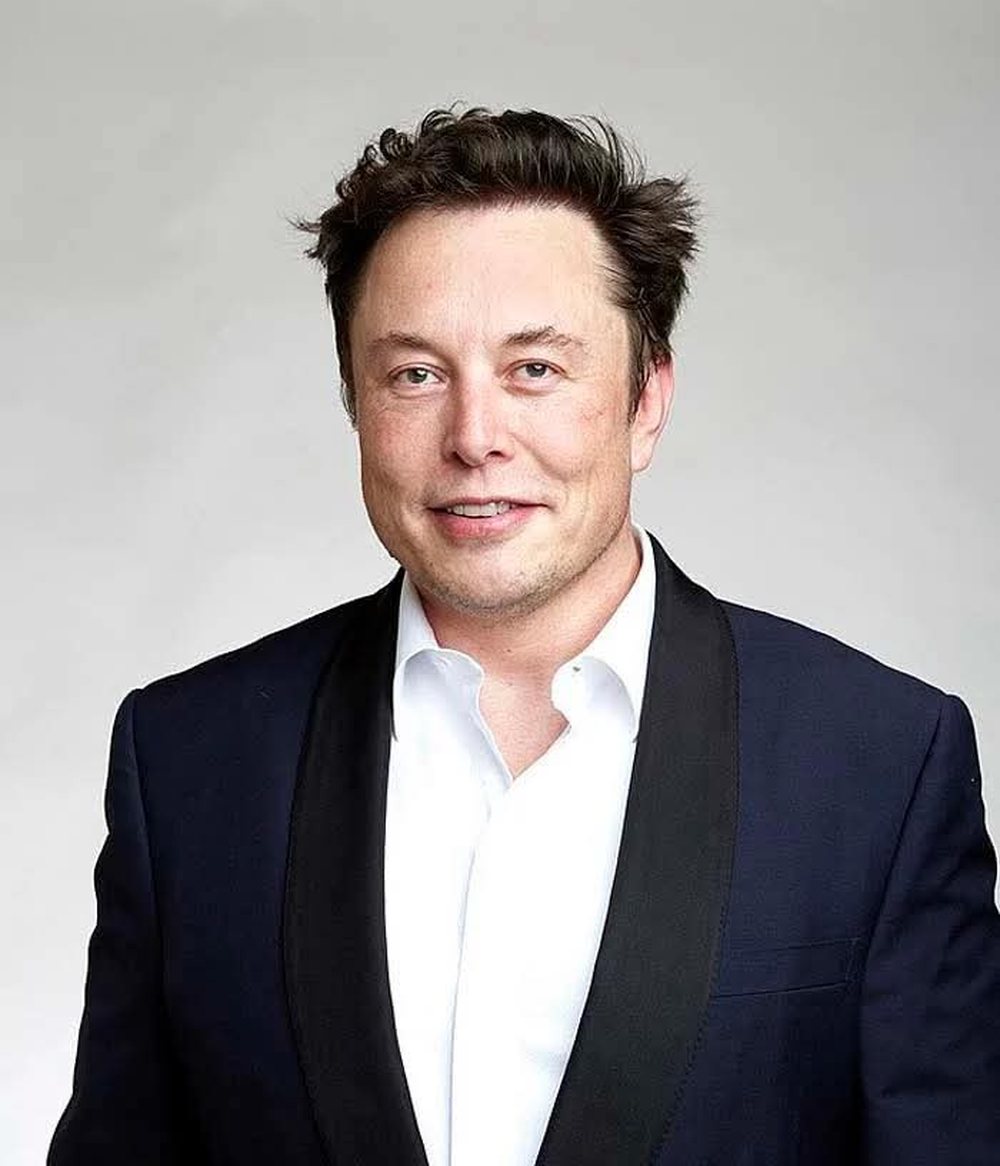
Tesla shareholders, gathered at the general meeting in Austin, Texas, where the electric vehicle manufacturer is headquartered, have approved with over 75% of the votes the new compensation plan for CEO Elon Musk, a company representative announced.
This ten-year “compensation package” consists of twelve phases, linked to financial and operational targets, which, if achieved, grant Musk shares in the company. In this way, he could benefit from over $ 1,000 billion if he meets all the established goals.
Shareholders had to decide whether this super-bonus was justified or excessive. At stake was the very future of Tesla: if the compensation was not approved, there was a risk that the billionaire would step down from the company's leadership. Musk had previously warned that, in the event of rejection, he would resign — leaving shareholders with a difficult choice: lose him as CEO or give him the largest dividend in corporate history.
Several funds had already announced their position: The Norwegian sovereign wealth fund and the largest American pension fund, CalPERS, announced that they would vote “against”, while Charles Schwab, Morgan Stanley and the Florida public pension fund voted “for”. The three largest shareholders were decisive for the result: Vanguard (7.5%), BlackRock (4%) and State Street (3.4%).
Tesla's board chairwoman, Robyn Denholm, spent recent weeks convincing investors to back Musk, warning them of an "uncertain future" if he were to leave.
It's not the first time the Tesla CEO's pay has sparked controversy. Last year, a judge in Delaware threw out a previous $56 billion package, approved in 2018, when the goals seemed unattainable — but Musk not only met them, he far exceeded them.
Under the new package, Musk will not receive a salary or cash bonus, but only stock, if Tesla reaches certain market capitalization targets within ten years. To get the $1 trillion, he would have to bring Tesla's value to $8.5 trillion — more than eight times the company's current value.
The goals include deploying a million autonomous taxis and a million robots. If he succeeds, Musk will not only become the richest man in history, but will also own about 29% of Tesla, an extraordinary level of control for a CEO.
Musk himself has emphasized that he is not motivated by wealth, but by the desire to have more control over Tesla, to protect it from speculation and deliberate sales in the market.


